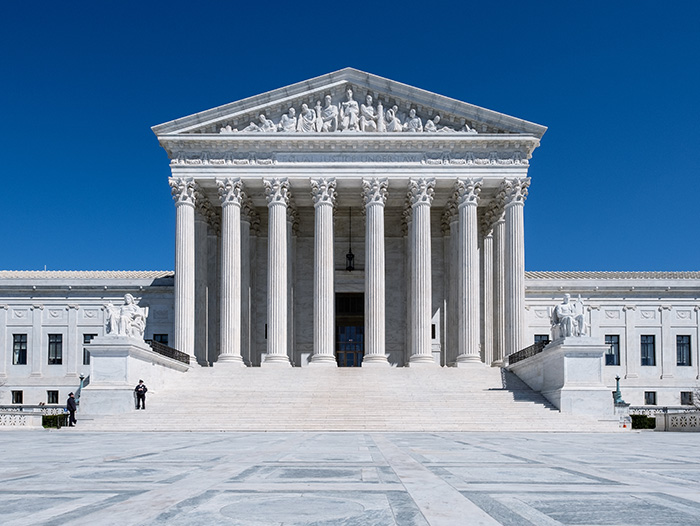Auto logout in seconds.
Continue LogoutAccording to preliminary CMS data, the number of hospitals facing readmission penalties is expected to slightly increase in 2026 — the first increase in the number of penalties in five years.
Readmission penalties see slight increase
For fiscal year 2026, CMS' Hospital Readmissions Reduction Program includes claims data from July 2021 through June 2024. The report covers a rolling three-year period, with the most recent period including data from the tail-end of the COVID-19 pandemic.
In 2026, 240 hospitals (8.1%) are expected to pay readmission penalties of 1% or more under the program, a slight increase from 208 hospitals (7%) that paid penalties in 2025. Previously, the number of hospitals facing readmission penalties of 1% or more had decreased for five consecutive years.
Although the number of hospitals facing readmission penalties slightly increased, the number of hospitals with no readmission penalties remained largely the same as last year (641 hospitals in 2026 vs. 638 hospitals in 2025).
In 2026, 70.1% of hospitals will be charged penalties of less than 1%, compared to 71.6% of hospitals in 2025. On average, the readmission penalty was 0.33% for hospitals with the highest proportion of Medicare-Medicaid dual-eligible patients and 0.35% for hospitals with the lowest proportion. The two groups had slightly lower average penalties in 2025 (0.31% for the highest proportion and 0.32% for the lowest proportion).
Final data is expected to be released on Oct. 1, the start of the 2026 fiscal year.
Commentary
According to Akin Demehin, senior director for quality and patient safety policy at the American Hospital Association, the increase in the number of hospitals receiving higher penalties may be due in part to CMS reinstating data on pneumonia patients, which was excluded from the previous reporting period since it overlapped with COVID-19.
"That could potentially be part of the explanation of why there was some change," Demehin said. "I think what we are seeing is some of the normal year to year fluctuations."
However, Demehin also warned that hospitals could see penalties rise in 2027 as CMS begins to include Medicare Advantage (MA) enrollees, as well as those in traditional Medicare, in its evaluations of hospitals' performance. Including MA patients in future performance calculations is a concern for hospitals since prior authorizations used by private insurers can lead to delayed or denied post-acute care, he said.
Demehin estimates that between 75% and 82% of hospitals will see some penalties in 2027, with the average penalties increasing to 0.44%.
"We know that timely access to post-acute care can be a key determinant in how patient recovers and, therefore, the likelihood of readmission," he said. "We do worry about how that will show up in readmissions for hospitals so we are going to be watching that very closely."
(Eastabrook, Modern Healthcare, 9/22)
Don't miss out on the latest Advisory Board insights
Create your free account to access 1 resource, including the latest research and webinars.
Want access without creating an account?
You have 1 free members-only resource remaining this month.
1 free members-only resources remaining
1 free members-only resources remaining
You've reached your limit of free insights
Become a member to access all of Advisory Board's resources, events, and experts
Never miss out on the latest innovative health care content tailored to you.
Benefits include:
You've reached your limit of free insights
Become a member to access all of Advisory Board's resources, events, and experts
Never miss out on the latest innovative health care content tailored to you.
Benefits include:
This content is available through your Curated Research partnership with Advisory Board. Click on ‘view this resource’ to read the full piece
Email ask@advisory.com to learn more
Click on ‘Become a Member’ to learn about the benefits of a Full-Access partnership with Advisory Board
Never miss out on the latest innovative health care content tailored to you.
Benefits Include:
This is for members only. Learn more.
Click on ‘Become a Member’ to learn about the benefits of a Full-Access partnership with Advisory Board
Never miss out on the latest innovative health care content tailored to you.



